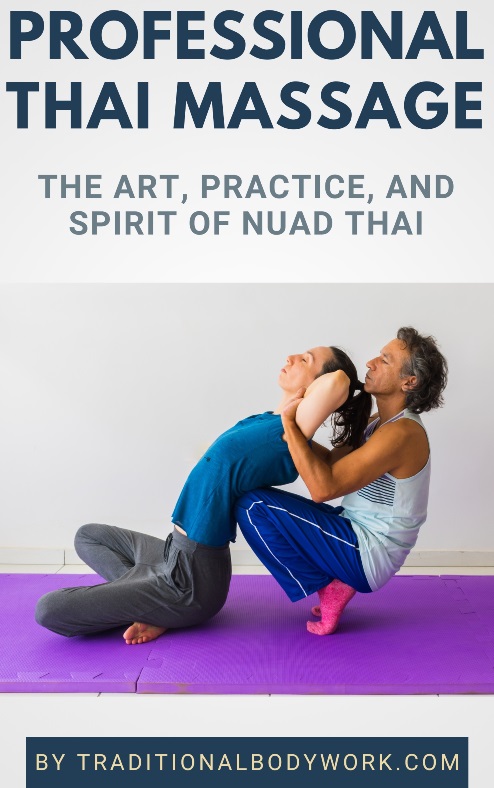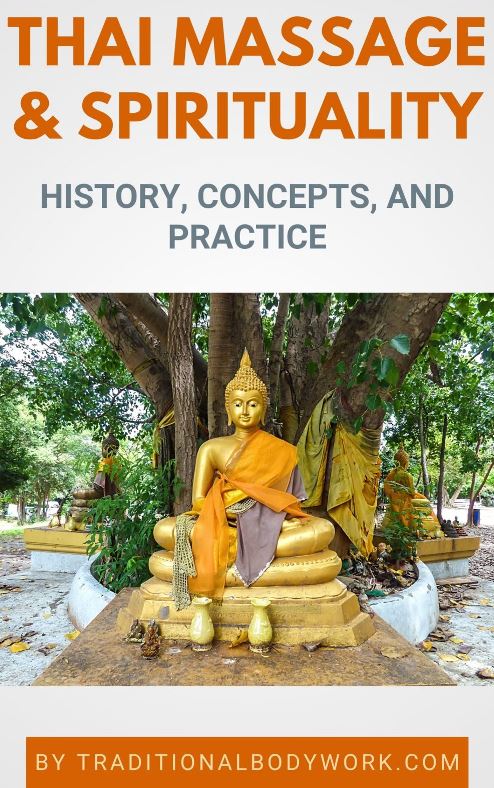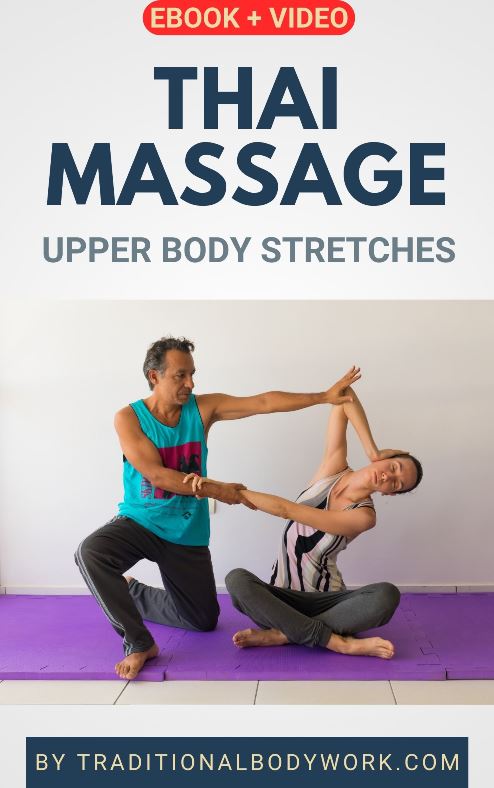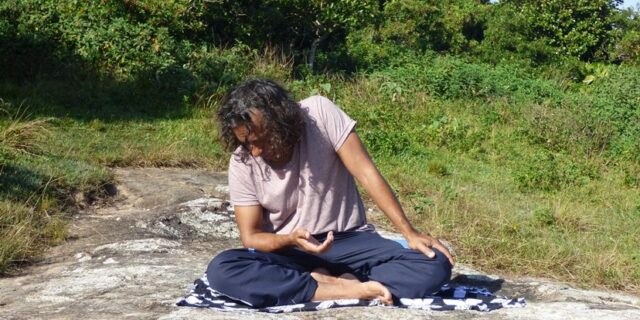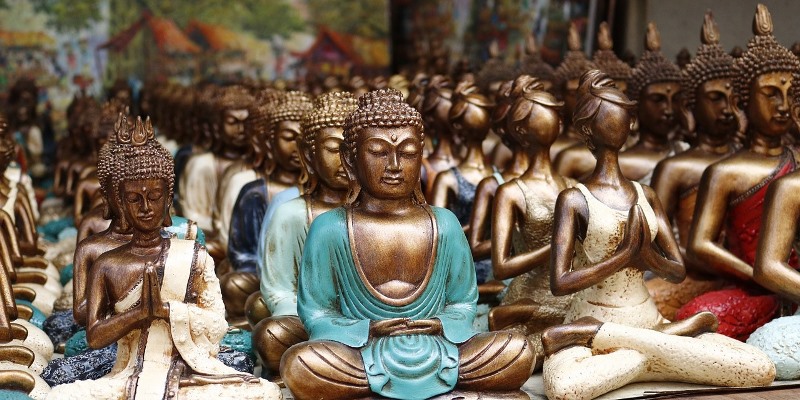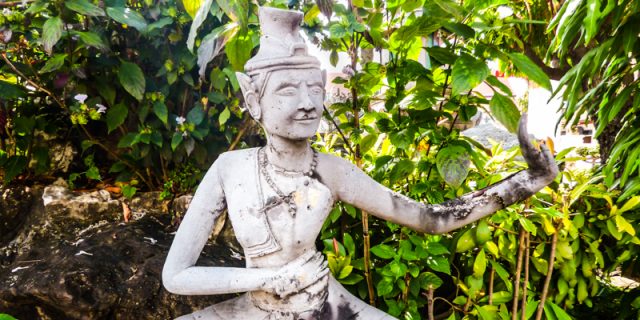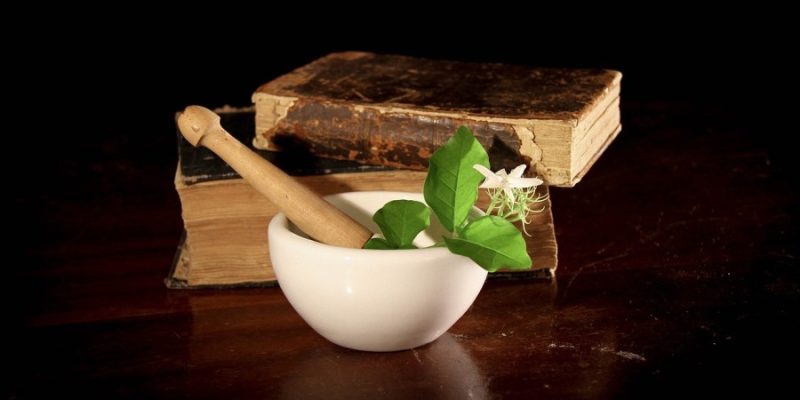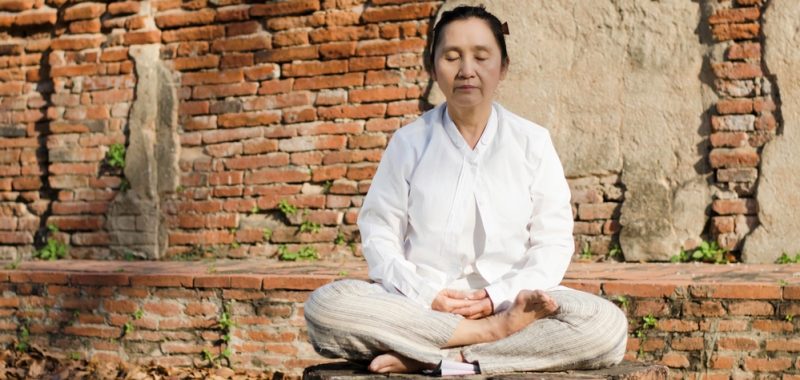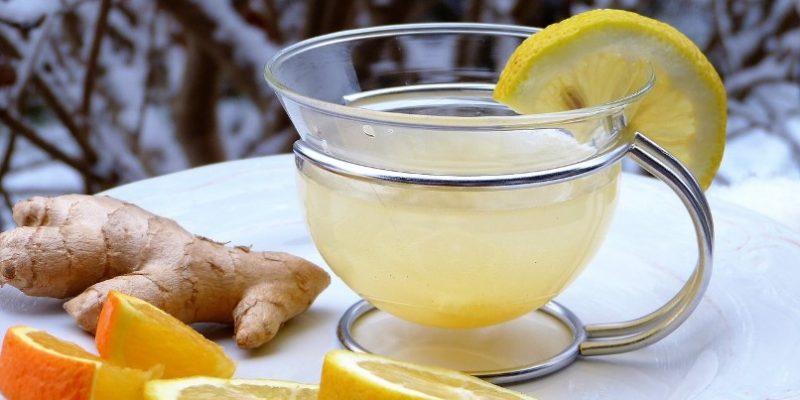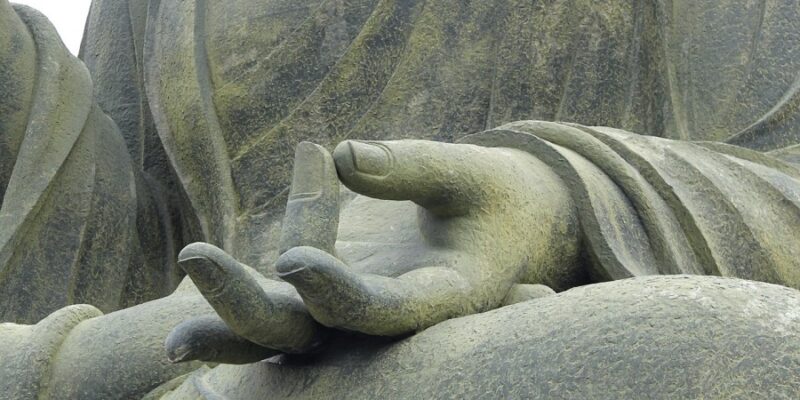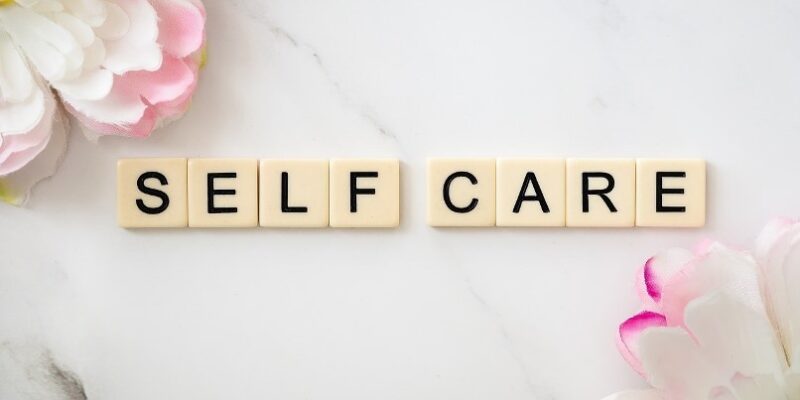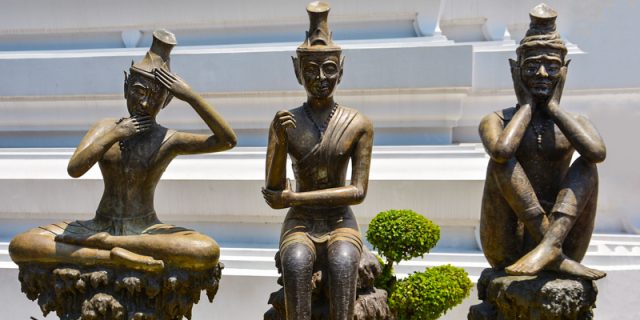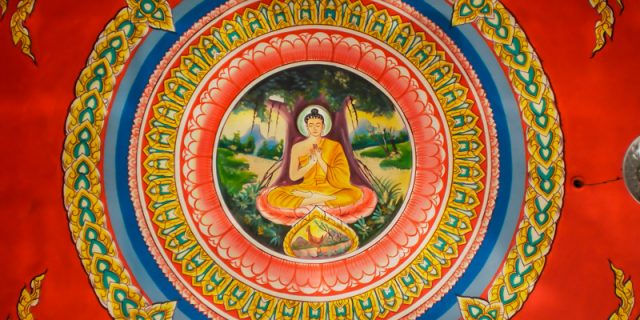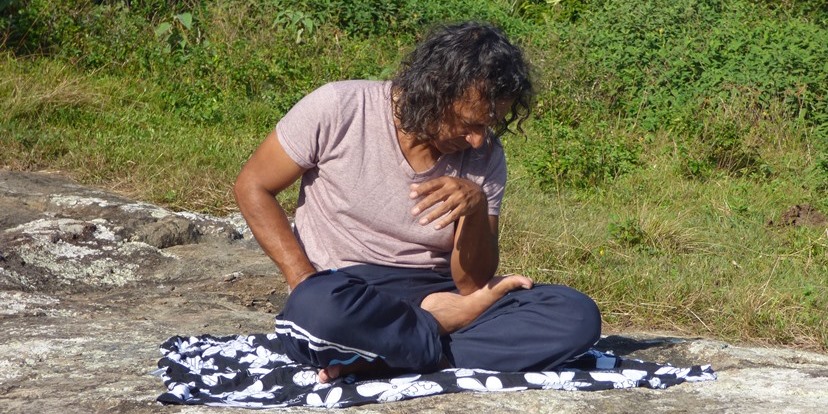
Dhammanamai — also written as Thammanamai, Dhammanamy, or Dhammanamaya — is the Thai application of Buddhist teachings, techniques, rites, and rituals into Traditional Thai Medicine (TTM) for integrated holistic self-care of the body, mind, and spirit, and one’s physical and social environment. The principle of Dhammanamai (in Thai written as ธรรมะนามัย) was instituted by the Thai Professor Dr. Ouay Ketusingh (1908 – 1990), who was also the founder of applied TTM.
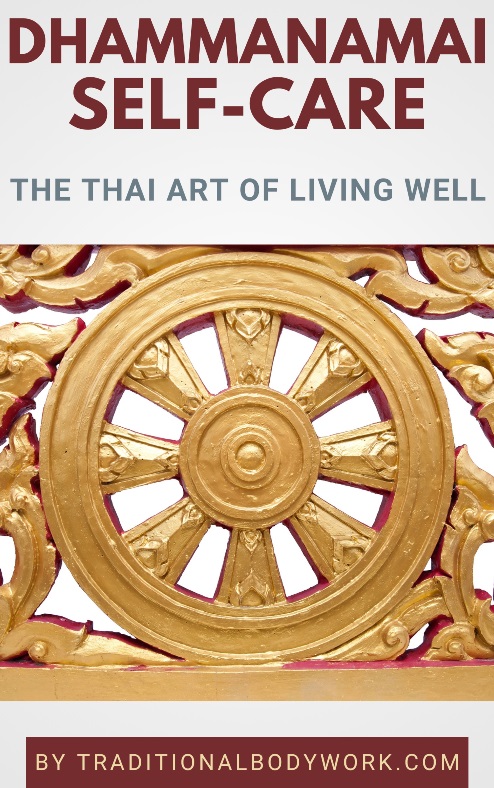
However, it’s important to note that the existence of Buddhist principles in TTM is not something new. It has always been part of TTM, and Buddhist Medicine, as it’s often called, is officially included in the TTM framework being an integral part of TTM practices. What’s different in Dhammanamai is its deliberate focus on holistic self-care through TTM, its emphasis on Buddhist principles, and its positioning as a well-defined system of healthcare.
The word “Dhammanamai” consists of the two concatenated words Dhamma (Dharma in Sanskrit) and Anamai (Anamaya in Sanskrit and Pali language). Dhamma could be translated as the “natural way of living” or “right way of living.” Anamai could be translated as “hygienic” or “healthy.” By the way, the original Sanskrit word Anamaya means “free from disease” or “without illness,” and signifies a state of physical, emotional, and mental wellbeing.
Hence, Dhammanamai or Dhammanamaya would mean something like “the natural way of healthy living” or, as it’s often formulated in Thailand, “promoting good health through natural methods.” The main goal of practicing Dhammanamai is to enable people to increase control over their health, and achieve a state of physical, mental, and social wellbeing, and longevity, without harming oneself and others.
Dhammanamai is divided into three areas of practice: Kayanamai (a healthy body), Jitanamai (a healthy mind) and Chevitanamai (a healthy lifestyle or healthy behavior).
Kayanamai – Healthy Body
Kayanamai includes observing a proper diet (food, drinks, and herbs) and practicing Thai Yoga (Reusi Dat Ton), the latter known as the ancient Thai traditional ascetic self-stretching and self-massage exercises.
In a general sense, we could say that practicing Kayanamai is about consuming healthy food with regard to one’s body constitution and/or ailments, and engaging in regular physical exercise.
Jitanamai – Healthy Mind
Jitanamai is about training, strengthening, and cultivation of the mind to be able to control one’s emotions, to focus and concentrate better, and to attain clarity and peace of mind.
Typically this means to engage in Buddhist meditation practices, which, for instance, includes Vipassana Meditation and/or Metta Meditation.
Chevitanamai – Healthy Lifestyle
Chevitanamai is the implementation of the “Middle Way” in Buddhist teachings (avoiding extremes and finding a path of moderation) i.e. following the Noble Eightfold Path, observing the Buddhist Five Precepts (not to kill, steal, or lie, avoiding sexual misconduct, and not to take drugs or other intoxicants), and appropriate behavior by taking care of oneself, others, and one’s environment.



